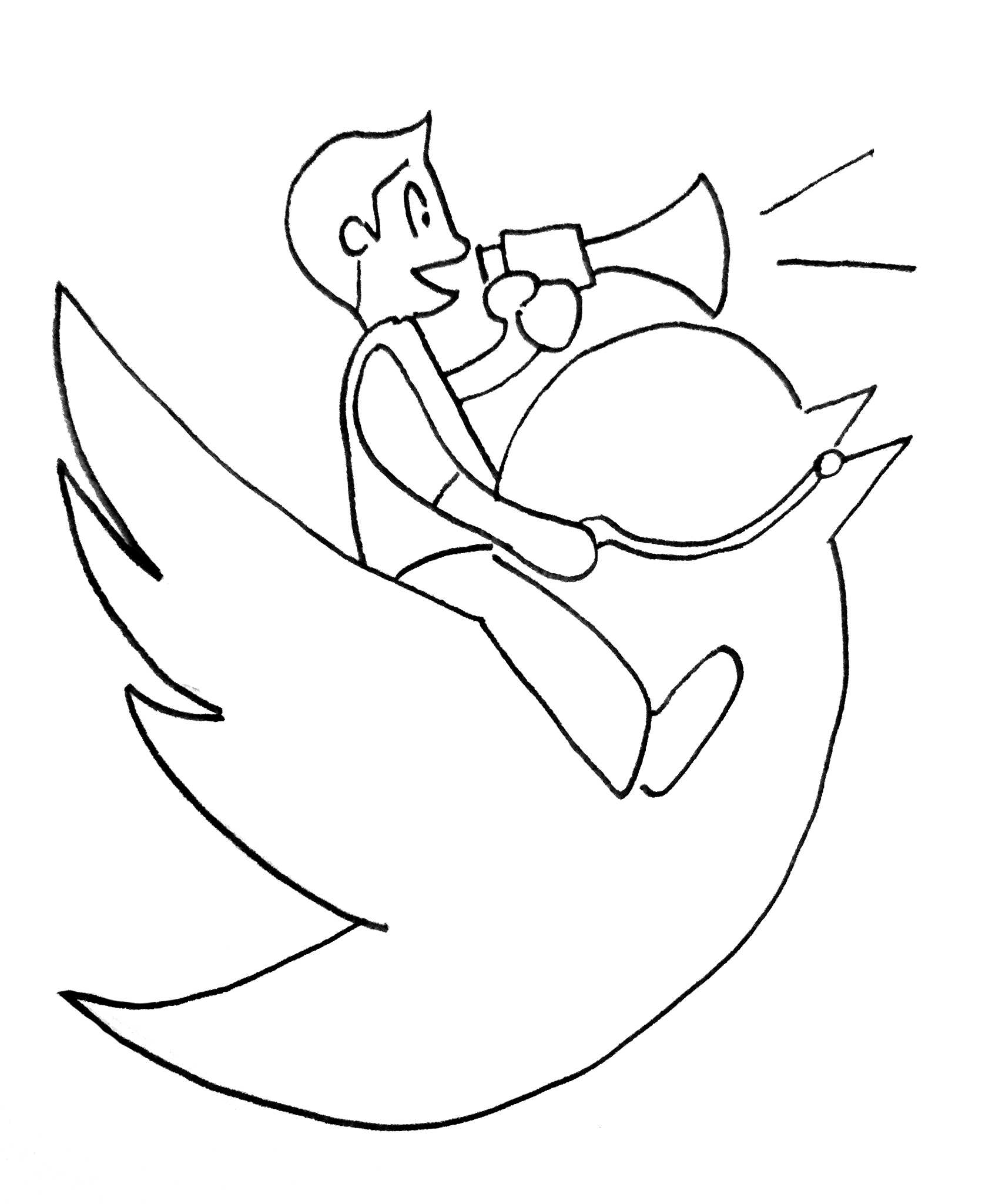Twitter is more than an instrument to express agony over not going to Coachella. Instagram can be used for more than showcasing photos from yet another sushi night. Facebook is not just a platform to share BuzzFeed articles on “22 things one should know about their butt.”
Social media has evolved into much more than an everyday outlet for letting followers know what someone’s been up to. A username gives the power to either provide awareness for issues to care about or act as an outlet to post insensitive comments.
Revolutions have been started through Twitter, and atrocious events that would have otherwise been kept secret are exposed using this generation’s favorite tool, the smartphone.
The ongoing story regarding the shocking video recording of a racist chant being sung by a group of University of Oklahoma fraternity brothers is one event to place in the “atrocious” category.
The video was first published via Twitter by Unheard, a student organization describing themselves as an alliance of black students organized for change within campus administration and atmosphere. The video went viral immediately and resulted in the closing of the university’s Sigma Alpha Epsilon chapter.
The video itself sparked a massive discussion that’s been taking place on computer monitors and TV screens for weeks. The hashtag campaign #NotJustSAE created a forum for students and alumni alike to share their own stories of discrimination they experienced while involved in Greek life.
Beloved social media websites have transformed into mediums by which social justice issues are exposed and, more importantly, discussed.
Last year a dispute between feminists and their opposition blew up on the Internet. The #NotAllMen movement was created by those who felt victimized when men were criticized for the oppression of women. As a result, the #AllMenCan campaign was created and is used to explain how all men can support the women’s rights movement.
Examples of awareness being spread using social media tools like this are ever increasing. However, some still take to the Internet to express negativity and inhibit progress in social issues.
Thirteen-year-old Mo’ne Davis scored the cover of Sports Illustrated magazine in August, being the first Little League athlete to hold such an honor. Her success and celebrity prompted the Disney Channel to announce they were producing a movie on the young athlete.
Unfortunately, Joey Casselberry, a pitcher from Bloomsbury University, was not thrilled with the amount of media attention she was getting. On March 20 he tweeted: “Disney is making a movie about Mo’ne Davis? What a Joke. That sl** got rocked by Nevada.”
Outrage immediately followed the publishing of the tweet, and Casselberry was promptly suspended indefinitely from his team, a punishment some deemed insufficient. Nevertheless, his act of ignorance via Twitter may have ruined any possibility of a future in playing baseball.
Casselberry is not the only one to face consequences after venting in 140 characters or less. Numerous instances of people getting fired by their employers after publishing inconsiderate and rude posts on their social media sites are reported all the time.
A tweet from Justine Sacco, the once senior director of corporate communications at InterActiveCorp, made the No. 1 trending topic on Twitter before ultimately getting her fired on top of receiving immeasurable public ridicule.
With the amount of control people have over their own public image, it’s crucial to advocate for a general sense of moral decency on the web. No longer can people assume their ignorant jokes will go unnoticed, for now nearly 3 billion people around the world are watching and judging.





![[Both photos courtesy of sonoma.edu]
Ming-Ting Mike Lee stepped in as the new SSU president following Sakakis resignation in July 2022](https://sonomastatestar.com/wp-content/uploads/2024/04/CC4520AB-22A7-41B2-9F6F-2A2D5F76A28C-1200x1200.jpeg)



























